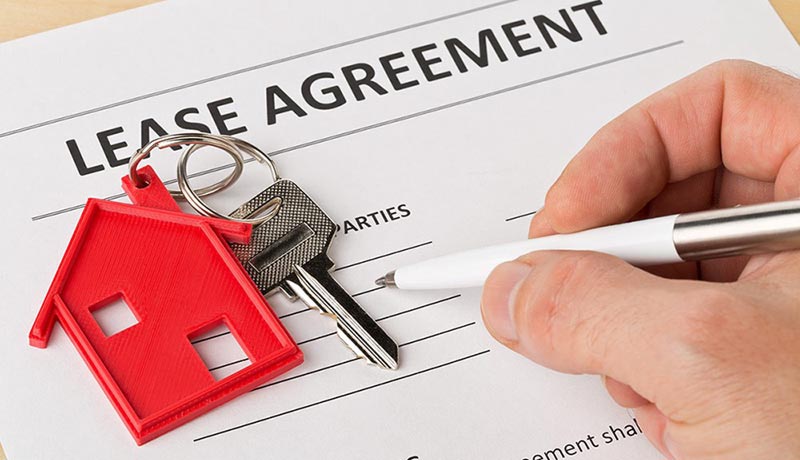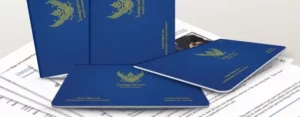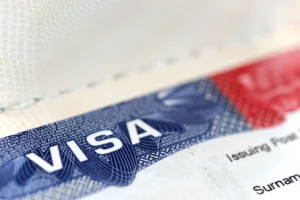Leasehold property in Thailand provides a solution for foreigners interested in controlling property within the country’s restrictive land ownership laws, which generally prohibit foreign land ownership. Instead, leaseholds allow foreigners to lease land or property for extended periods, typically up to 30 years, with the possibility of renewals. Leasehold arrangements are common in real estate, especially in residential properties and condominiums.
1. Understanding Leasehold Property
A leasehold is a form of property tenure where the tenant (lessee) rents property from the owner (lessor) for a fixed term. Unlike freehold ownership, the leasehold does not confer land ownership but grants exclusive use of the property for a specified period, after which the land or property reverts to the owner unless renewed.
- Maximum Lease Term: Thai law generally allows leaseholds up to 30 years, after which an extension may be arranged.
- Extensions: Although lease renewals are common, they require a new agreement with the owner and are not legally guaranteed, which can add risk for the lessee.
2. Leasehold for Foreigners in Thailand
Foreign nationals often turn to leasehold arrangements as a way to control property in Thailand, especially since Thai law restricts direct land ownership by foreigners. Here are key considerations for foreign leaseholders:
a) Condominiums vs. Land
- Condominiums: Foreigners are allowed to own condominiums directly, provided that no more than 49% of the total saleable area of the condominium building is foreign-owned. For those who exceed the quota, leasehold options can provide an alternative.
- Land: Foreigners cannot own land outright, but they may lease land to build or control property for personal use.
b) Leasehold Properties as Investment
Foreigners investing in real estate through leaseholds should be aware that leasing for commercial investment purposes, such as subletting, requires an explicit agreement with the owner. Leaseholds are generally better suited for long-term residence or personal use rather than speculative investment.
3. Key Components of a Lease Agreement
A legally sound leasehold agreement should include the following components to ensure security and clarity:
a) Lease Term and Renewals
- A standard lease term in Thailand is 30 years. If a longer term is desired, leaseholders may negotiate an additional 30-year extension clause.
- Renewals are not automatically enforceable under Thai law and must be re-negotiated when the initial term expires.
b) Transferability and Inheritance
- The lease agreement should specify whether the leasehold can be transferred to another person, sublet, or inherited by family members. Without clear terms, these rights may not be honored.
- Inheritance is not guaranteed unless the lease explicitly allows the lessee’s heirs to assume the leasehold.
c) Payment Structure
- Lease payments may be structured as a lump sum or annual payments.
- Some agreements require additional fees for maintenance, utilities, or property taxes, and it is important to clarify these terms upfront.
d) Use and Maintenance Obligations
- The lease should outline permissible uses of the property (e.g., residential, commercial) and specify who is responsible for maintenance and repairs.
4. Registration and Legal Requirements
For leases longer than three years, Thai law requires registration at the Land Department to be enforceable. Key aspects of the registration process include:
- Documentation: The property’s title deed, a signed lease agreement, and identification documents for both parties are required.
- Fees: Registration fees, typically around 1% of the total lease value, are due upon registering the lease with the Land Department.
- Legal Assistance: It is advisable for foreigners to work with a qualified Thai lawyer to draft or review the lease agreement and ensure it complies with Thai property laws.
5. Advantages and Disadvantages of Leasehold Property
Advantages
- Legal Option for Foreigners: Leaseholds provide a way for foreigners to control property within Thailand’s land ownership restrictions.
- Long-Term Control: Lease terms of up to 30 years offer security and stability for those planning to stay long-term.
- Lower Upfront Costs: Compared to outright ownership, leasehold arrangements can involve lower upfront costs.
Disadvantages
- Limited Legal Protections for Renewals: Lease renewals, though often agreed upon, are not guaranteed under Thai law.
- Less Investment Security: Leaseholds do not provide the same security as freehold property and may not appreciate in value similarly.
- Restrictions on Subleasing and Transferability: Without clear terms, leaseholders may face restrictions on subleasing, transferring, or passing down the lease to heirs.
6. Leasehold Alternatives for Foreigners
For those seeking more secure ownership structures, there are a few alternatives:
- Freehold Condominium Ownership: Foreigners can directly own condominium units, as long as foreign ownership in the building does not exceed 49%.
- Thai Company Ownership: Some foreigners establish a Thai company to own property indirectly. However, this approach has legal complexities and must comply with the Foreign Business Act.
- Marriage and Usufruct Rights: Foreigners married to Thai citizens can consider usufruct rights, granting lifetime use of the property without ownership, though this requires the cooperation of a Thai spouse.
Conclusion
Leasehold property in Thailand offers a viable and legally recognized option for foreigners to control land or residential property, especially given restrictions on foreign ownership. While leasehold arrangements provide stability and security for long-term use, they come with specific limitations, including renewal risks and constraints on transferability. Understanding these dynamics, along with working closely with legal professionals, can help prospective leaseholders make informed decisions and maximize their security within the Thai property market.




